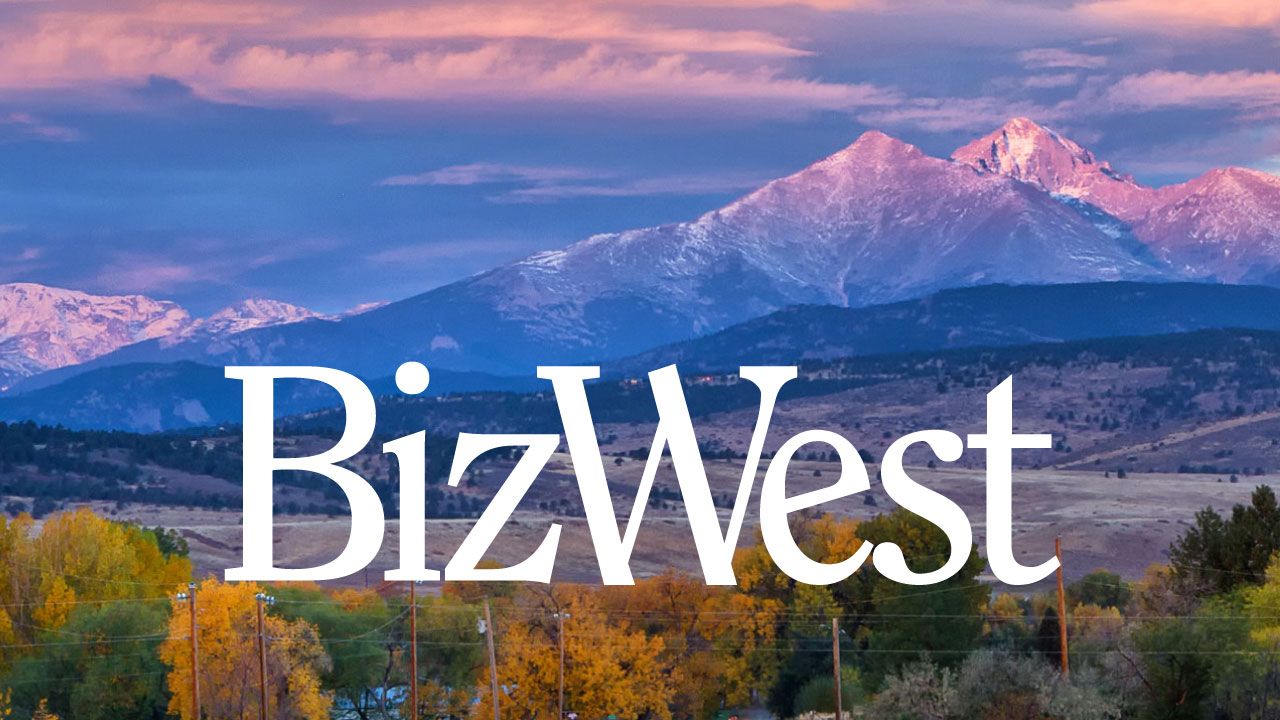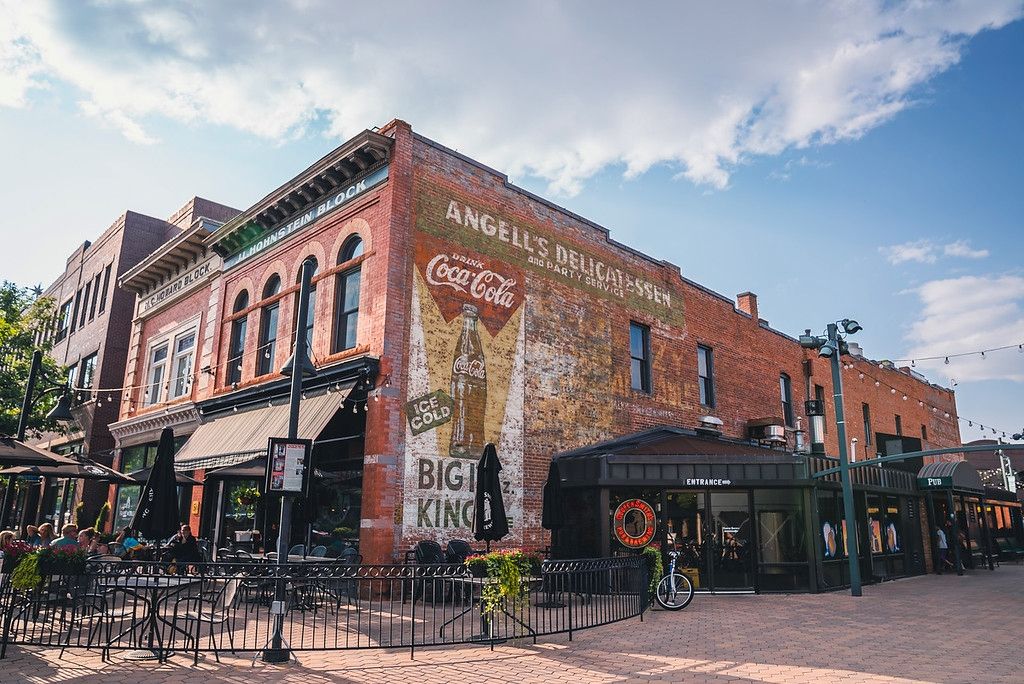CEO Roundtable: Boulder brewers brace for winter
While breweries in the Boulder Valley have adjusted to a summer upended by the COVID-19 pandemic, the coming winter months pose a serious threat, a group of local brewing leaders said.
The group of brewmasters and local executives shared their thoughts during BizWest’s CEO Roundtable on Boulder Valley Brewing Tuesday afternoon.
To-go becomes dominant
Breweries were among the swaths of businesses in Colorado that were not allowed to gather people amid the initial pandemic-driven shutdowns, and those that didn’t serve food were held back from in-person service for longer.
SPONSORED CONTENT
That led to a pivot toward to-go service, with growlers and cans becoming the most important source of revenue for much of the year.
Jeff Green, owner of Very Nice Brewing Co. in Nederland, said flexibility was key in the transition. His operation went from drawing 10% of its beer sales from to-go to about 50% today using stainless steel growlers.
He also said support for local breweries has been evident from nearby residents.
“They’re not necessarily going to the liquor store as much and getting six-packs, 12-packs, cases of beer,” he said. “They’re going to the local breweries that they know are susceptible to what’s going on right now. They’re trying to keep us going.”
Arryved Inc. president Nancy Trigg said her company had to roll out new point-of-sale apps to brewers for curbside transactions in a matter of weeks when the bottom fell out from sales nationally in March and April.
Data from her client breweries show a developing trend over the past few months where customers are starting to return to the taproom in small numbers and changing their behavior.
“There are fewer customers in the tap rooms, but they are spending more when they’re there, they’re sticking around longer, and spending a little bit more,” she said. “So the numbers aren’t as bad as they would be if customers were spending the same amounts.”
Liquid Mechanics Brewing Co. owner Davin Helden noted that the months-long supply squeeze for aluminium cans has been difficult for already-hurting brewers, and higher demand due to more to-go sales could exacerbate the situation.
“If we get into a situation in a winter, where people have to pivot for more to-go beer, or more liquor store sales and cans, that’s going to become even more of a problem,” he said.
Get outside (to drink a beer)
Trigg did note that while client breweries across the country tended to be more conservative in restarting business than other industries in states that moved to end lockdowns quickly, the breweries in rural areas fared better than their urban counterparts.
Colorado Brewers Guild executive director Shawnee Adelson said that trend is visible in the state, where Gov. Jared Polis has for months emphasized the outdoors as a viable way to get out of the house while remaining socially distant.
“Right now in Denver, there are no conferences, there’s no (Great American Beer Festival), there’s no large-scale tourism coming into the city, which is very different from the promotion to get outside as our governor has been advocating,” she said.
Porching it
Outdoor seating has been one of the few bright spots for restaurants, bars and breweries that were among the most battered industries in the country this year. The COVID-19 virus spreads at its highest rate in contained areas with recycled air conditioning and where people speak with exposed mouths and noses, but that risk drops dramatically when outside and six feet apart.
But as the colder weather approaches, the service industry worries reduced indoor seating won’t be enough to keep businesses alive through the end of the pandemic next year.
Rails End Beer Co. founder Dale Reeder said erecting a tent or other shelter wasn’t financially realistic. Instead, the brewery has installed a heat source at every seat on the patio.
“So what we’ve done is invested in heat… hoping that we still can keep people around in the cold outside,” he said.
Preparing for a long, cold winter
Although the industry at large has hung on through the summer, Adelson said this year had the most breweries going out of business ever. That follows years of rising permanent closures due to the intense and crowded market that craft beer makers find themselves along the Front Range, while new brewery openings have been flat as of late.
Chad Melis, founder of marketing agency Turn It Up Media, said remaining relevant to customers is going to be critical over the cold months.
“We know that beer is a social industry,” he said. “How do we continue to engage beer drinkers, bring them along for the ride and articulate our safety measures and articulate beer to-go? All of those things have become extremely important,” he said.
Green said his winter will be difficult, as the mountain altitude is a tougher sell to get people to drink outside.
But he also expressed fears over the macroeconomic situation as COVID-19 continues to drag any recovery from the crisis it generated in the spring.
“I’m really worried about the stimulus as in, will people have money to spend on craft beer?” he asked.
Adelson said the industry is continuing to lobby Congress for more direct aid, along with a permanent implementation of the Craft Beverage Modernization and Tax Reform Act. That bill is due to sunset at the end of the year, which would effectively double federal excise taxes paid by breweries.
However, between the reduced seating, the ongoing economic crisis, lack of aid and winter traditionally being the slowest sales period, a storm that is powerful, if not perfect, is coming for the industry.
“They’re really having multiple burdens at the same time, so this is going to be one of the hardest times that our breweries are going to be facing,” Adelson said.
—-
The roundtable is sponsored by Plante Moran, Berg Hill Greenleaf Ruscitti and Bank of Colorado.
© 2020 BizWest Media LLC
While breweries in the Boulder Valley have adjusted to a summer upended by the COVID-19 pandemic, the coming winter months pose a serious threat, a group of local brewing leaders said.
The group of brewmasters and local executives shared their thoughts during BizWest’s CEO Roundtable on Boulder Valley Brewing Tuesday afternoon.
To-go becomes dominant
Breweries were among the swaths of businesses in Colorado that were not allowed to gather people amid the initial pandemic-driven shutdowns, and those that didn’t serve food were held back from in-person service for longer.
That led to a pivot toward to-go…




